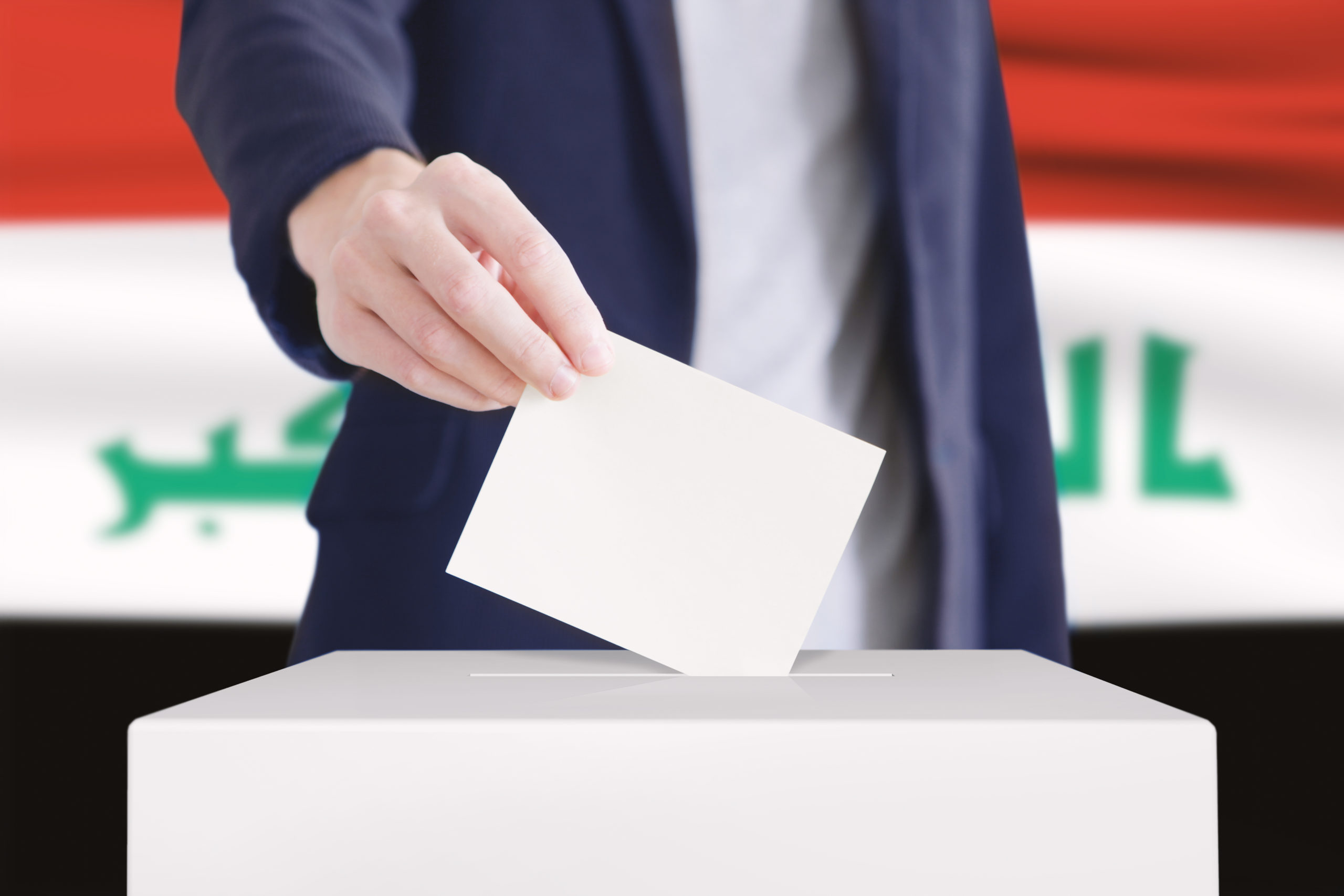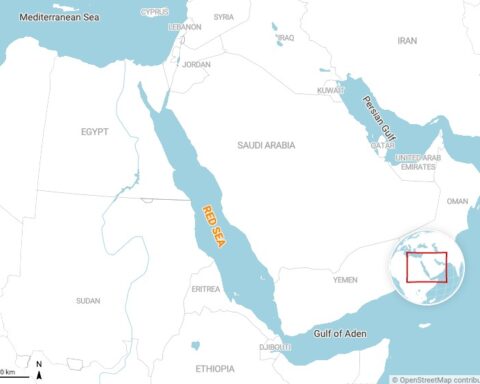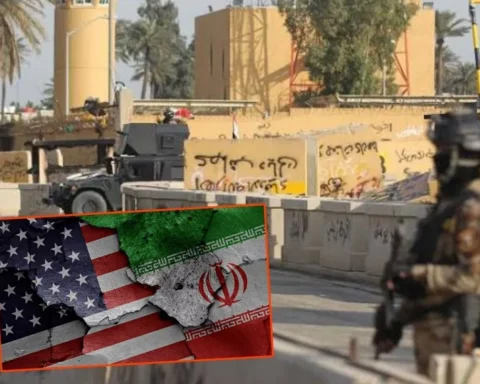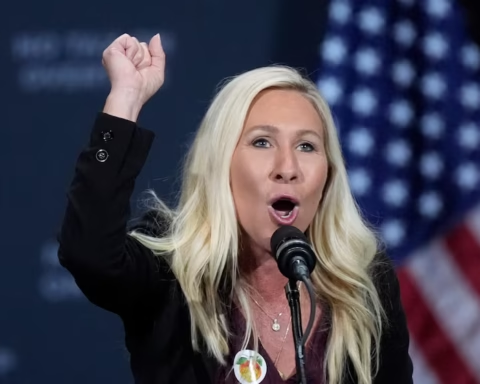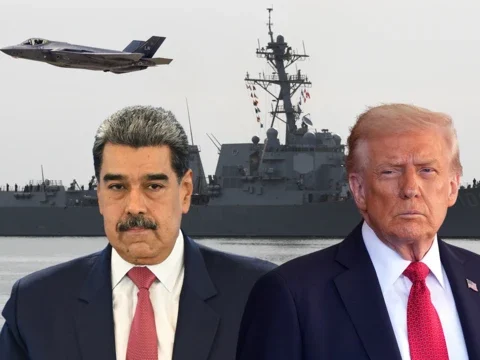With parliament scheduled to cast ballots on 11 November 2025, Iraq is at a juncture that extends far beyond the vote. Two fundamental questions underlie the essence of this turning point: Is Baghdad capable of gaining genuine sovereignty over its security apparatus by eliminating the Popular Mobilisation Force and its dependence on Tehran, and can it dismantle the current political framework and rid itself of the corrupt political elite that currently controls it? The answers would not only redefine Iraq’s future but also the overall regional order.
Anatomy of a parallel state
The PMF’s evolution from emergency militia to entrenched power structures is the personification of Iraq’s crisis of sovereignty. Deployed in 2014 by Grand Ayatollah al-Sistani against ISIS, the force now has control over 238,000 soldiers—hardline elements brazenly aligned with Iran’s Revolutionary Guard among them.
The PMF has metastasised throughout Iraq’s political and economic body. It runs checkpoints, appoints ministers, and devours $3 billion annually from state budgets. It is a security force, political machine, and kleptocracy all rolled into one. The militias operate private torture and disappearance prisons, kill with impunity, while clerics sermonise virtue and siphon off oil revenues into villas in Tehran and Zurich bank accounts. As Chatham House’s Dr Renad Mansour says, the PMF has “institutionalised external influence within Iraq’s security sector,” rendering sovereignty an illusion.
Washington’s strategic gambit
Washington scored a tactical victory in August 2025 when Baghdad shelved legislation that would have enshrined the PMF as an independent military force with its own command structure and budget. Secretary of State Marco Rubio’s threat of a “comprehensive review” and potential sanctions was sufficient.
American pressure transcends diplomatic niceties. In June, the US imposed a pay disruption by forcing Al-Rafidain Bank to refrain from clearing PMF transactions, an economic strangulation under the cover of a fanatical anti-corruption campaign. Britain’s envoy, Irfan Siddiq, obligingly parroted Washington’s party line by challenging the PMF’s peacetime utility following the defeat of ISIS. Michael Knights of the Washington Institute succinctly captures the strategy: force PMF factions into a zero-sum choice—accept Baghdad’s nominal authority or face isolation and economic strangulation—integration now being used as a euphemism for subordination.
Iran’s weakened hand
Iraq has become Tehran’s only remaining viable foothold as its regional scaffolding collapses—Assad’s fall severed the Syrian land bridge, Hezbollah accepted ceasefire demands, and the Houthis retreated. Iran’s economic hemorrhage, however—its rial devalued 62 percent, inflation at 32 per cent—makes Iraq a strategic asset into a fiscal lifeline. PMF-corruption rings funnel desperately needed hard currency into Tehran, while billions of dollars vanish into offshore vaults, and Iraqi children die from readily treatable diseases. Carnegie analysts note that PMF factions now concentrate on survival through patronage, rather than ideological expansion—a vulnerability that Washington can exploit.
November’s uncertain verdict
November elections—featuring 38 parties, 31 coalitions, and 79 independents—are waged amid these cross-cutting pressures. War on the Rocks describes “unprecedented divisions within the Shi’a majority” that will limit the PMF’s reach. Nevertheless, Prime Minister al-Sudani governs from a PMF-dominated coalition and must navigate his allegiances in tandem between Washington and his local power base.
All Iraqi prime ministers since Paul Bremer—the un-elected viceroy who dissolved the army and gutted the state with the stroke of a pen while ruling behind blast walls—have been a footnote to failure, presiding over ministries turned rackets. The arithmetic is brutal: disbanding the PMF portends bloody backlash and sectarian firestorm; maintaining it guarantees sovereignty’s permanent gutting and perpetual American wrath. Iraq is between catastrophic options.
Regional implications
Iraq’s trajectory will have far-reaching consequences throughout the Middle East. Iraqi and Gulf state relations, particularly with Saudi Arabia, the UAE, and Qatar, have become closer as these states seek to find alternatives to Iranian hegemony. Turkish economic and diplomatic engagement has become more pronounced as a sign of Ankara’s ambition for a more equal Iraq.
The concept of a “Shiite Crescent,” popularized by the late King Hussein of Jordan, warning of Iranian regional dominance, finds its most serious test in Iraq. If Baghdad can successfully consolidate control over its security apparatus, it would not only be a tactical defeat for Tehran but a strategic realignment with implications for Lebanon, Syria, and Yemen.
The path forward
Iraq hovers between nominal sovereignty and institutionalized subordination. The elections in November will not eradicate the paradox, but they will determine the nation’s course. Upheaval without bloodshed is contingent upon PMF groups accepting integration, Tehran reluctantly settling for diminished power, and Washington paying for reform without inducing spasms.
The stakes are bigger than Iraq. Victory could demonstrate that Iran’s proxy paradigm is reversible; defeat, however, seals the irreversible external penetration of state institutions. The Green Zone remains a parasite palace, gated off from the engineered wretchedness, where law is an illusion and justice is dead. Iraqis are offered not just a partisan election but a referendum on sovereignty itself—whether Iraq decides its own future or remains a battleground for regional predators, an issue haunting the Middle East for decades to come.
History is weeping, will the Iraqis ever listen and learn?
They arrived as liberators wrapped in virtue’s stolen garb, flags in the left hand and hollow promises in the right—imperialist missionaries masquerading as messengers of liberty. Bush and Blair, the grandmasters of imperial arrogance, ignited catastrophe with fabricated weapons of mass destruction, then handed Iraq over to warlords, clerics, and thieves baptized as democrats.
The militias—Iran-influenced, Baghdad-funded—operate private torture and disappearance prisons. Clerics preach virtue as they divert oil riches into villas in Tehran and park them in Zurich bank accounts. The Green Zone remains a privileged enclave, sealed off from the designed misery.
Iraqis once endured one tyrant. Now they are subjected to thousands of tyrannies in infinite faces, uniformed and hooded, credentialed and armed. The Iraqi people are betrayed, not broken, gagged, not silent. Their rage simmers, awaiting reckoning. The promise of liberty proved a curse, the dream of democracy, a nightmare. The November question: leave the past behind or re-elect the well-known faces of failure? History screams out, demanding an answer.

